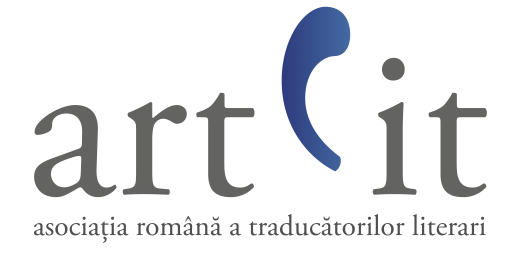The Good, The Bad, The Translator is a short video filmed on the occasion of a panel discussion on the role of translators in (world) literature. As we wanted to make something different from the usual “translators are praising themselves constantly repeating why their role is crucial in creating a corpus of world literature and why good translation is important”, we invited several eminent writers to say what they think about translators and translating their works, and what translated literature generally brings and means to them. The following Croatian writers translated in other languages participated in the project: Miro Gavran, Ivica Prtenjača, Kristijan Novak, Ivana Bodrožić, Monika Herceg, Asja Bakić, Drago Glamuzina and Zoran Ferić. The result is a short, 4-minute-long mosaic that you can see on our Youtube channel:
How-to:
- select the people in charge of the coordination and production (1 person), cameraman (1 person) and editor (1 person – in our case, the cameraman did also the editing)
- contact and invite the writers
- organize the filming and setting
- filming and editing
Budget: 1.955,00 euros (filming and translation/subtitles)





